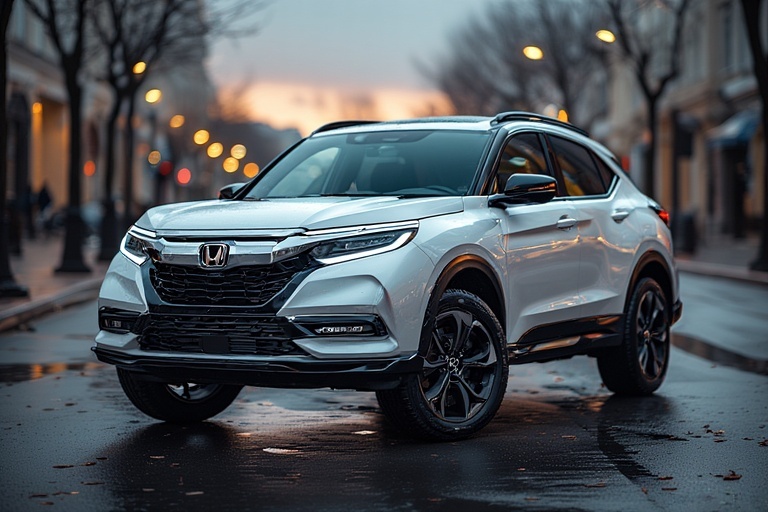Is buying a used Japanese SUV a smart choice?

Buying a car is a big decision, and choosing a used SUV can be a very smart way to save money. But when you look at used SUVs, especially those imported from Japan, is it really a good idea? The short answer is often yes. Japanese SUVs, even used ones, have a global reputation for reliability, quality, and long-term value.
Why Japanese Used SUVs Are So Popular
The demand for used SUVs from Japan is huge worldwide, and it’s not just by chance. Japanese automakers like Toyota, Honda, Nissan, and Mazda follow very strict manufacturing standards. This means their vehicles are built to last. For people looking for excellent value, finding a trusted supplier is key. If you are looking in the region, searching for Mi Auto Auto Japan used cars in Sendai can lead you to well-maintained inventory often sourced directly from Japan’s rigorous domestic market. This high standard of maintenance and build quality makes them a reliable choice, even after several years on the road.
Key Benefits of Choosing a Used Japanese SUV
A used Japanese SUV offers a unique blend of practicality, savings, and performance. Here are the main benefits:
1. Unbeatable Reliability and Durability
Japanese vehicles are famous for their longevity. Engine failure and major mechanical issues are less common compared to many other brands. This means you spend less money and time on unexpected repairs. They are built to handle daily driving for many years, giving you peace of mind.
2. Excellent Fuel Efficiency
While SUVs are larger vehicles, Japanese brands are pioneers in making engines that are powerful yet fuel-efficient. They use advanced engineering to maximize mileage. In an era where petrol prices are always rising, a used Japanese SUV helps you keep your running costs low compared to similar-sized vehicles from other countries.
3. Low Depreciation Value
Unlike many European or American cars, Japanese cars hold their value well over time. Depreciation is the difference between what you paid and what you can sell the car for later. Because the demand for used Japanese cars stays high, the depreciation rate is slower. This means your initial investment is protected, and you get more money back when you decide to upgrade.
4. Easy and Affordable Maintenance
One major advantage is the availability of spare parts. Japanese vehicle parts are globally distributed, making them easy to find in almost any country. Furthermore, because these SUVs are designed simply and efficiently, local mechanics are usually very familiar with them. This translates to lower labor costs and less waiting time for repairs.
What to Look Out For Before You Buy
While a used Japanese SUV is a smart choice, you must do your homework before buying.
1. Verify Service History
Always ask for the complete service records. Japan has strict inspection standards (called Shaken), so the car’s history should be well documented. A full history shows that the previous owner took proper care of the vehicle.
2. Check for Rust and Body Damage
Depending on where the car was driven in Japan (coastal areas, for instance), it might have some rust. Thoroughly inspect the chassis, wheel wells, and undercarriage for any signs of corrosion or damage.
3. Inspect the Mileage
Japanese engines are very durable, but high mileage can still indicate wear and tear on other parts like the suspension and transmission. Compare the mileage with the price. Lower mileage is almost always better for long-term ownership.
Conclusion: A Smart Investment
Buying a used Japanese SUV is, for most people, a very smart financial decision. You get a reliable, durable, and fuel-efficient vehicle that is relatively cheap to maintain and holds its resale value well. By doing careful research and checking the vehicle’s history, you can enjoy the quality and peace of mind that Japanese engineering is famous for, all without the price tag of a brand new SUV.












